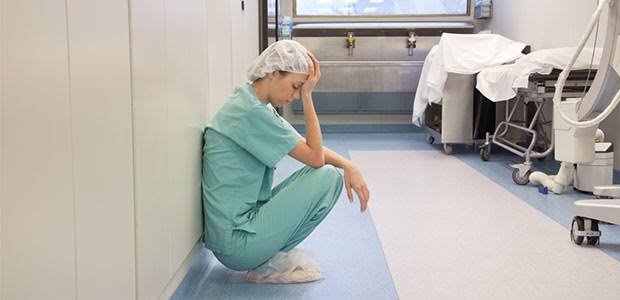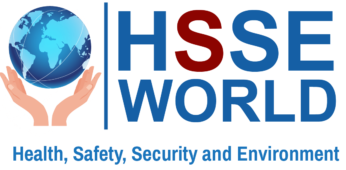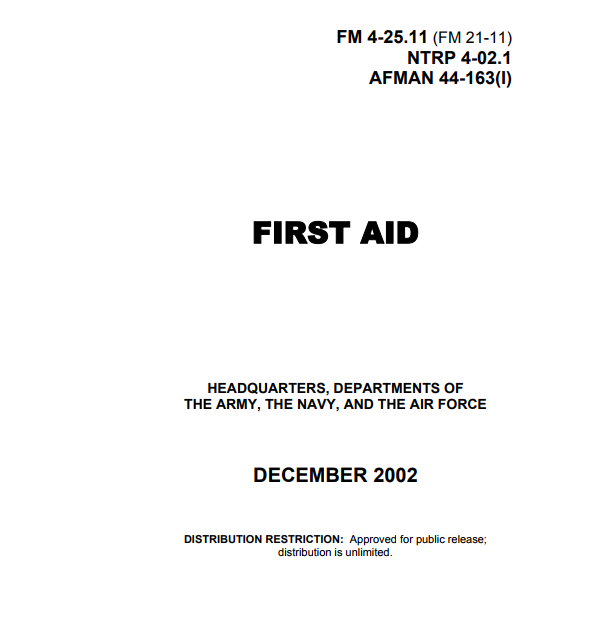I love a good zombie movie. And judging by the popularity of The Walking Dead, I think it’s safe to say I’m not alone.While zombies are fun on screen, I’m afraid the long-feared zombie apocalypse may already be upon us. Only instead of craving human flesh, they crave caffeine.Sleep deprivation has become the norm for many of us. We burn our candles at both ends trying to balance work, family, and life. Often, coffee or energy drinks are the only things that keep us going. Getting insufficient sleep, however, can have a negative impact on our concentration, work performance, safety, health, and quality of life.

We Are Not Sleeping Enough
We live in a 24/7 world that seems to never unplug or shut down. To show you the difference in our sleep habits over time, Americans in 1942 reported getting an average of eight hours of sleep each night. Today’s sleep studies reveal that about 40% of Americans say they sleep under seven hours per night.
When it comes to our safety at work or anywhere else, lack of sleep can increase the likelihood of accidents and near misses.
(Learn more about How to properly investigate accidents in your workplace 10 critical steps.)
Imagine that 40% of your workforce is sleep deprived to some level. Here are some of the identified concerns associated with that:
- Irritability – Negative emotions and lack of sleep go hand in hand
- Difficulty Learning – Lack of sleep affects the brain’s ability to remember and retrieve information, both long- and short-term
- Poor Vision – The longer a person is awake, the more visually impaired they become, and extreme sleep deprivation can even cause hallucinations
- Slower Reflexes – Sleep studies involving collage athletes and West Point cadets found sleep deprivation directly affected reflex time
- Increased Risk-Taking – People are more apt to take unnecessary risks when in a sleep deprived state
- Distraction – Focus requires full rest, and tasks that call for a person to be alert and attentive suffer as distractions and the inability to concentrate set in
- Sloppiness – One study found that one sleepless night contributed to a 20% increase in the number of errors made by surgeons.
Sleep Deprivation and Safety
Sleep deprivation may be all it takes to turn a safe employee into an unsafe one. For instance, drowsy driving is often compared to drunk driving. The National Highway Traffic Safety Administration estimates that 90,000 police-reported crashes are the direct result of driver fatigue each year. This results in an estimated 824 deaths and 33,000 injuries per year.
No matter what the work environment, sleep deprivation should be a concern. Remember, if averages uncovered by sleep studies are right, almost half (40%) of your employees might be sleep deprived. When investigating accidents or incidents where employees simply did not follow rules and they explain their actions with a simple “I forgot,” you should look into sleep deprivation as a possible factor.
Although most safety enforcement agencies such as OSHA do not have a regulation for sleep deprivation, they do require that you know an employee is fit for duty. So, what can employers do?
Educate and Observe
Every year the National Sleep Foundation names a sleep awareness week. This is an awareness campaign for shedding light on getting a good night’s sleep. When I was the safety officer for a large manufacturer, we used this occasion each year to educate employees about the importance of getting a good night’s sleep. We placed information in newsletters, discussed the topic in safety meetings and placed literature in break rooms.
When promoting the topic at work, I would suggest keeping the focus on the health benefits of getting enough sleep. As with anything, we all look for the WIFM – “What’s in It for Me?”
The health benefits are important and well worth noting. This may be enough to motivate some employees to get more sleep. Benefits of a good night’s sleep include:
- Weight Loss – Many studies have proven that lack of sleep can promote weight gain
- Longer Life – Although researchers are not sure why, people that sleep at least eight hours tend to outlive those who regularly get less sleep
- Better Immune System – Studies have linked sleep deprivation with the development of diseases like diabetes and hypertension; others have shown that sleep helps sustain the functioning of the immune system
- Improved Well-being – When you have had enough sleep, you tend to feel better emotionally and physically; it’s essential for a happy and healthy lifestyle
I believe the care for employee safety should include their health and well-being. This is fostering community at work – if you do not care about people, you won’t care about their safety. There’s also a WIFM for management in terms of avoiding fines and the cost associated with poor safety, such as high insurance rates.
Employers that care about their employees’ health and well-being can enjoy the benefits of fewer sick days taken and higher morale and productivity. We invest in those that invest in us.
There Is No Replacement for Sleep
I understand that most of us have been sleep deprived at one time or another. This is part of the reason energy drink sales are at an all-time high.
In 2014, Starbucks’ revenue amounted to approximately 16.45 billion U.S. dollars, up from 14.9 billion dollars the previous year. Caffeine has become the world’s drug of choice for dealing with less sleep. Coffee will help in the short term, but there is a cumulative effect to sleep deprivation.
Every time you cheat your brain of the sleep it needs, it’s like you’re borrowing from your sleep bank. This leads to what is called “sleep debt.” This is characterized by mental, emotional, and physical fatigue. It can lead to problems in performing day-to-day activities, particularly the high-level cognitive functions that are carried out in the frontal regions of the brain.
At some point, you must pay back your sleep debt. This will mean catching up on sleep at some point in time. Here are some tips for promoting a good night’s sleep:
- Don’t change your sleep on weekends; maintain the weekday sleep schedule your body is used to
- Wind down before bed to help you transition from wakefulness to sleep – soaking in a tub or reading a book can greatly improve the quality of the sleep you get
- Improve your sleep hygiene by making sure your bedroom is dark, quiet, comfortable, and cool
- Don’t watch TV or use your laptop or electronics in bed
- Avoid caffeine, nicotine, and alcohol for several hours before bedtime
- Make time for sleep – I know, you’re busy, but people who get enough sleep are significantly more productive than those who are sleep deprived
- Embrace the power nap – just 20 minutes (but no more) followed by a bit of exercise will make you feel refreshed and it’s a perfect pick-me-up that can last for hours
- Make sure your last meal or snack is at least two or three hours before your bedtime
- Exercise regularly and complete your workout a few hours before hitting the hay
Bookend Your Days
I have always been one of those guys who likes quality over quantity, but I make an exception when it comes to sleep. Make sure you get the amount of sleep you need to stay healthy and alert. You can’t control everything that happens during your day, but you can usually bookend them however you want. Create a routine to get your day started and another one to end it. It’s the perfect way to prepare for the day ahead and unwind once it’s over.
As safety professionals, it’s sad to think that all our efforts to keep employees safe can be circumvented just by their lack of sleep. Educate employees about sleep and set a good example by getting enough of it yourself.
Don’t become a caffeine zombie. You’ll feel better, you’ll work better, and chances are you’ll be a lot more fun to be around. ( read: Managing stress and anxiety through nutritional and life style change )



